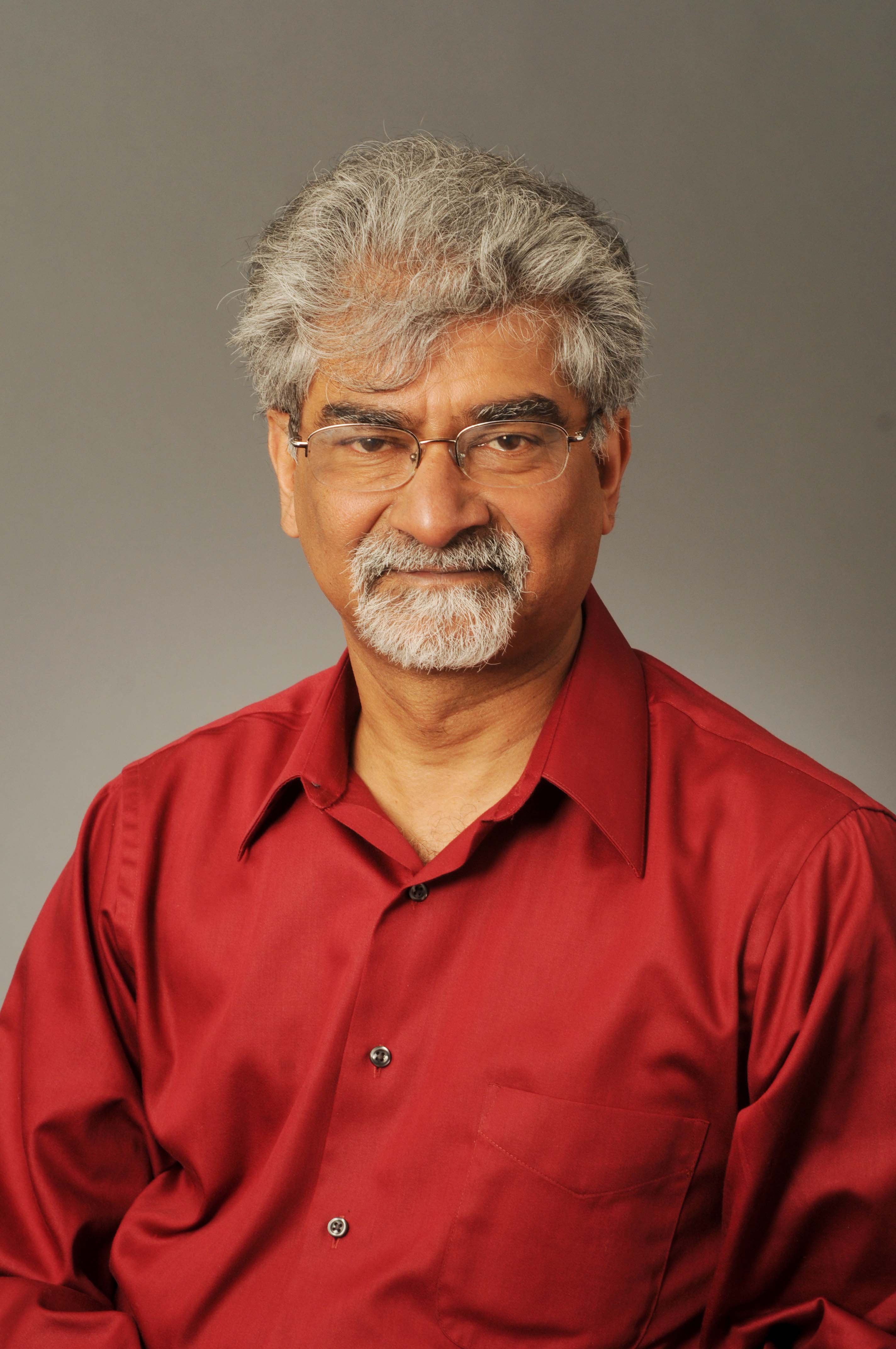
Raja Parasuraman, Ph.D. is University Professor of Psychology at George Mason University, Fairfax, VA. He is Director of the Graduate Program in Human Factors and Applied Cognition and Director of the Center of Excellence in Neuroergonomics, Technology, and Cognition (CENTEC). Previously he held appointments as Professor and Associate Professor of Psychology at The Catholic University of America, Washington DC from 1982 to 2004. He received a B.Sc. (1st Class Honors) in Electrical Engineering from Imperial College, University of London, U.K. (1972) and a Ph.D. in Psychology from Aston University, Birmingham, U.K. (1976).
Raja Parasuraman has research programs in human factors and cognitive neuroscience. The first area concerns human performance in human-machine systems, particularly the role of human attention, memory, and vigilance in automated and robotic systems. His second area of research is the cognitive neuroscience of attention, where he has conducted studies using informationprocessing, neuroimaging (ERPs, fMRI, and fNIRS), and brain stimulation methods, both in healthy young adults and in relation to aging and Alzheimer’s disease. He also has a research thrust in the molecular genetics of cognition. Finally, Dr. Parasuraman has merged his interests in human factors (ergonomics) and cognitive neuroscience by developing the field of neuroergonomics, which he defines as the study of brain and behavior at work. His books include The Psychology of Vigilance (Academic Press, 1982), Varieties of Attention (Academic Press, 1984), Event-Related Brain Potentials (Oxford University Press, 1990), Automation and Human Performance (Erlbaum, 1996), The Attentive Brain (MIT Press, 1998; reprinted in paperback, 2000), Neuroergonomics: The Brain at Work (Oxford University Press, 2007; reprinted in paperback, 2008, 2012), and Nurturing the Older Brain and Mind (MIT Press, 2012). Raja Parasuraman’s research in these areas has been supported by over $26 million in grant funds from federal agencies such as AFOSR, ARL, DARPA, NASA, NIH, NSF, and ONR, as well as by private foundations.
Raja Parasuraman served as a member of the National Research Council’s Panel on Human Factors (Board on Human-Systems Integration) from 2000 to 2007 and served as Chair from 2001 to 2005. He is on the editorial board of several journals. He was elected a Fellow of the American Association for the Advancement of Science (1994), the American Psychological Association (1991), the American Psychological Society (1991), the Human Factors and Ergonomics Society (1994), the International Ergonomics Association (2006), and a National Associate of the National Academy of Sciences (2001). He was the recipient in 1997 and again in 2001 of the Jerome H. Ely Award for best paper in the journal Human Factors by the Human Factors and Ergonomics Society. In 2004 he received the Franklin V. Taylor Award for Lifetime Achievement in Applied Experimental and Engineering Psychology from the American Psychological Association (Division 21). In 2006 he received the Paul M. Fitts Education Award from the Human Factors and Ergonomics Society. He received the Outstanding Faculty Award in 2009 from the State Council for Higher Education for the State of Virginia. In 2010, he received the inaugural Raymond S. Nickerson Award for Best Paper in the Journal of Experimental Psychology: Applied by the American Psychological Association and the Admiral Kollmorgen Spirit of Innovation Award for Contributions to Neuroergonomics from the Augmented Cognition Technical Group, Human Factors and Ergonomics Society. His recent awards include the Triennial Outstanding Educators Award from the International Ergonomics Association and the Celebration of Scholarship Award from the College of Humanities and Social Sciences at George Mason University (both in 2012).
On a personal note, Raja Parasuraman has two college-age daughters, likes to cook, play guitar, go to the theater, and enjoys blues and world music, hiking, and traveling to distant lands.